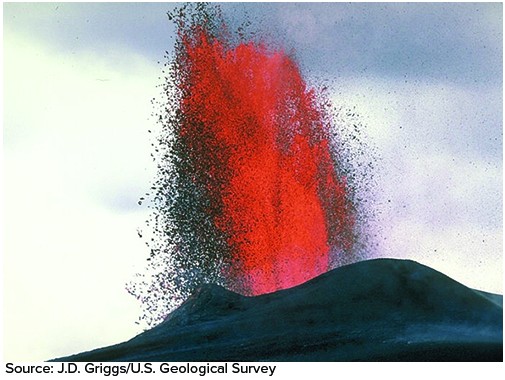Explain this statement made by the German scientist Paracelsus: "The dose makes the poison."
What will be an ideal response?
A basic concept of toxicology is that any natural or synthetic substance can be harmful if ingested in a large enough quantity. The critical question that scientists have to answer for each chemical is this: At what level of exposure would this chemical cause harm? This key issue is the reason that dose-response tests are conducted on chemicals suspected of being toxic.
You might also like to view...
Plants synthesize the sugar dextrose (C6H12O6) according to the following chemical reaction by absorbing radiant energy from the Sun (photosynthesis). 6 CO2 + 6 H2O ? C6H12O6 + 6 O2Should energy be written on the left-hand side or right-hand side of this equation?
What will be an ideal response?
Which of the following statements is true about DEMs and TINs?
A. One can convert a DEM into a TIN, or a TIN into a DEM. B. One can only convert a DEM into a TIN. C. One can only convert a TIN into a DEM. D. None of these are correct.
The Danube is Europe's longest river
Indicate whether the statement is true or false
Which of the following is NOT a major controlling factor on volcanic eruption style?
A. magma volatile content B. chemistry of the magma C. age of volcano